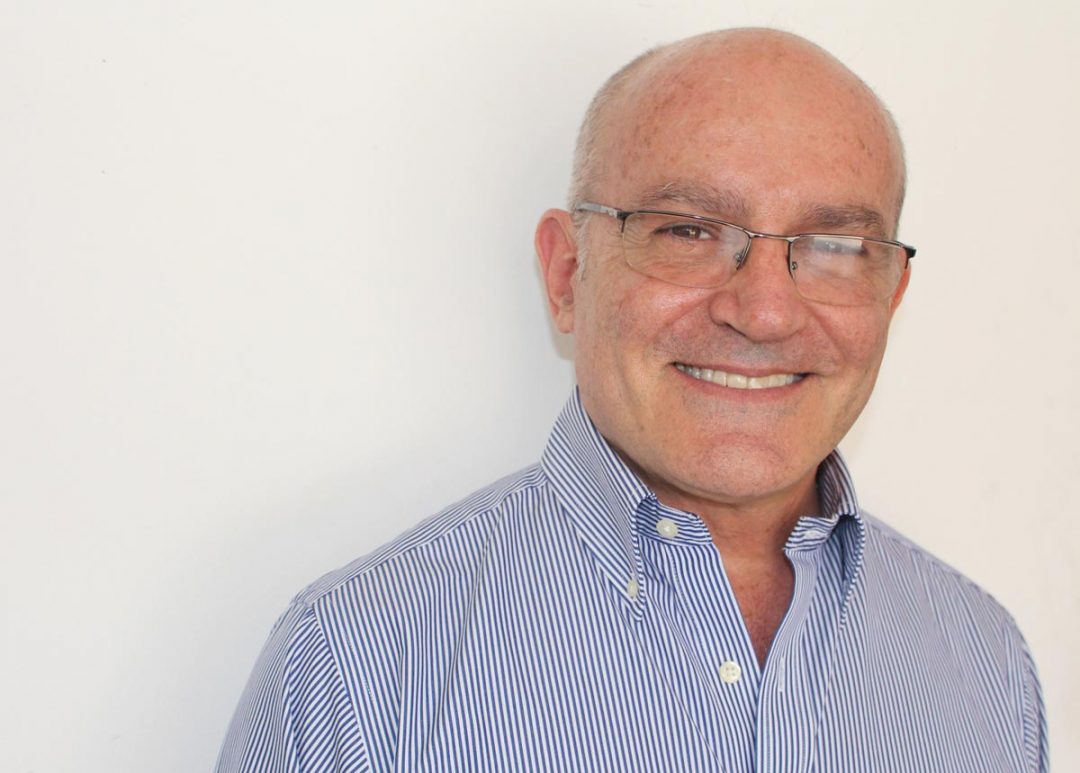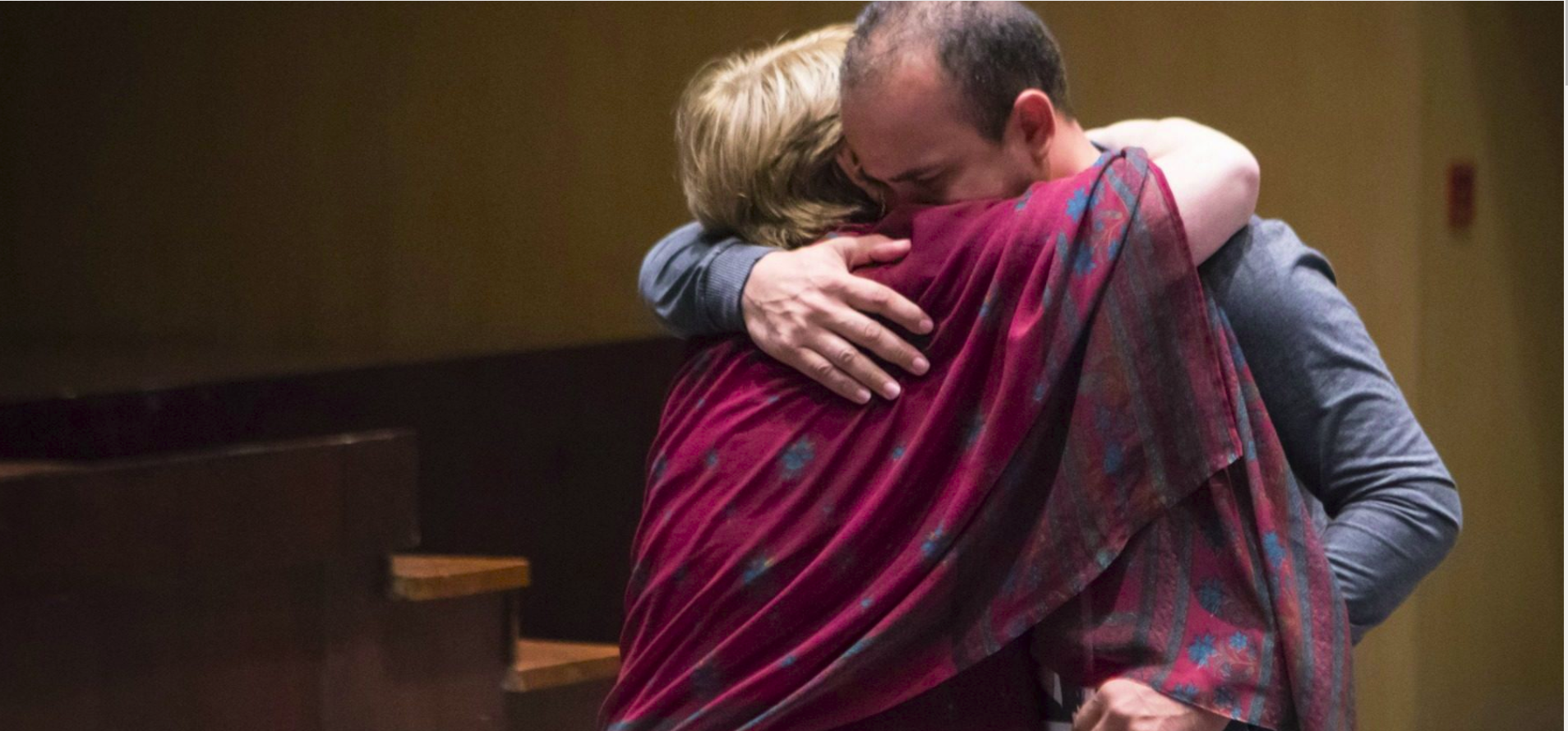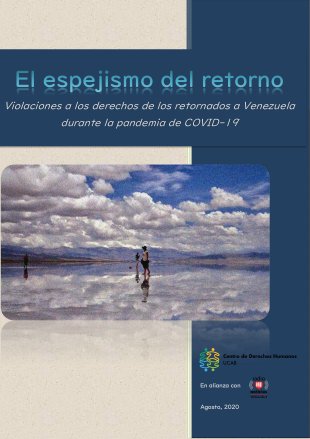Venezuelan Civil Association Medianalisis presented the book Cómo se vive la desinformación en Venezuela (Living disinformation in Venezuela) together with Communication students from across Venezuela
Young communication students in their last year shared their perspectives, challenges and contributions in the endeavor of fighting disinformation in Venezuela during the presentation of the book Cómo se vive la desinformación en Venezuela (Living disinformation in Venezuela) edited by Medianalisis and ABediciones, the editorial house of the Andrés Bello Catholic University (UCAB).
Hailing from La Guajira, western Venezuela, to Ciudad Guayana, in the south of the country, a group of students recounted the experience of portraying how ordinary people across Venezuela get information in a country where censorship and closures of media outlets consistently violate the human right to freedom of expression.
The presentation was moderated and led by Andrés Cañizález, director at Medianalisis, and featured five of the 16 co-authors of the book who detailed their work, findings, the characteristics of disinformation in each region and how they outlined the situation for each locality.
Roxana Sarmiento, a student of Wayúu origin, is an activist that fights disinformation every day in western Venezuela. She synthesized her contribution to the book:
“Overcoming disinformation in the Guajira municipality motivated a group of journalists to come together and start reporting through social media. Guajira en vivo is a project that seeks to make information available through Telegram, Facebook, Instagram and WhatsApp. In the book, I described how we approached the project to offer information on the crisis of public services. We were able to inform and denounce in the hope for a change in this situation”
Cómo se vive la desinformación en Venezuela is a book that consists of two parts. The first was prepared by Venezuelan journalists and the second by senior Communication students from different universities in the country. This last phase was organized through a national call of dozens of students whose contributions were selected by the editorial team from Medianalisis for the book.
Keyler Guillén, from ULA-Táchira, was one of the selected students. Keyler was able to show the social, political and economic reality of the Venezuela-Colombia border. According to his experience, he was able to learn that the fight against disinformation does not only belong to journalists but also entities such as UNESCO in favor of citizens.
“In my report for the book, I explained how the fight against disinformation is not only a campaign for journalists, and that UNESCO has exhorted the governments to fight disinformation. Knowing this and contrasting it with reality in a border state like Táchira means understanding many things about the social, political, and economic dynamics of the area since we are talking about a border that is relevant in the context of the humanitarian crisis in Venezuela, and this goes beyond a photograph or a statement,” Keyler explained.
A window to information
In the production of the book, Dibiana Torres from Mérida found a window to address a topic that is not covered enough by the media in the region. The ULA student addressed the situation of squatting on vacant land in her city, specifically in the Brisas del Río district.
“[People in] this sector are coming together to achieve better living conditions, but they lack access to many services that I describe in the book. There was a lot to tell there because they lack access to the internet [at home or on their phones] and their only means of communication is the radio. Mérida is one of the states with the greatest connectivity failures in Venezuela. Citizens get information through the radio and some initiatives of independent journalism in the region” Torres recounted.
The same situation was experienced by Gustavo Bencomo from the state of Trujillo, who also found in the book by Medianalisis a way to report how “very few people [in the state] have access to information because of the constant failures of public services.”
Guillen and Torres, along with other students like Gabriel Betancourt from Ciudad Guayana, highlighted that reporting the reality of their regions was a challenge due to the climate of unawareness and distortion that exists due to actions of the regional governments that cut short the ability of citizens and the communication students themselves to build the reality, which results in disinformation.
About the book
This climate of unawareness and the sustained distortion by the imposed narrative seems to have dismantled society, weakened social protest, annulled the understanding of conjunctural aspects related to public administration and pierced the freedom of citizens.
Venezuelans have seen their ability to build reality diminished and, with a policy of judicial persecution and vetoes of opposition parties and their spokespersons in State media, they have also witnessed a significant reduction in their vision of the different political options, with the probable objective of stop the possibility of political and social change and cling to power.
However, disinformation is not only the responsibility of power factors. It is also the responsibility of citizens and journalists to find ways for verification and investigation. Collaborative efforts have been able to counteract information gaps and denounce corruption, such as the Venezuelan contribution to the Panama Papers case in 2016.
Likewise, since 2019, initiatives like the Venezuelan Observatory on Fake News, the Fake News Hunters, or EsPaja, among others, have advanced information units that set an important precedent in the analysis and rebuttal of hoaxes. Also, different media outlets have begun to give importance to fact-checking and analyzing the lies in the public discourse. The pioneer on this path was Cotejo.info, a project that started in 2016, and the Venezuelan Observatory on Fake News, set up by the NGO Medianalisis.
The path in the fight against disinformation in the country has proven steep. In this sense, the education of citizens, rather than regulation that follows the whims of a political sector, seems to be the most appropriate response to our social reality.
Download the book Cómo se vive la desinformación en Venezuela (Living disinformation in Venezuela) in Spanish HERE.
Translated by José Rafael Medina




